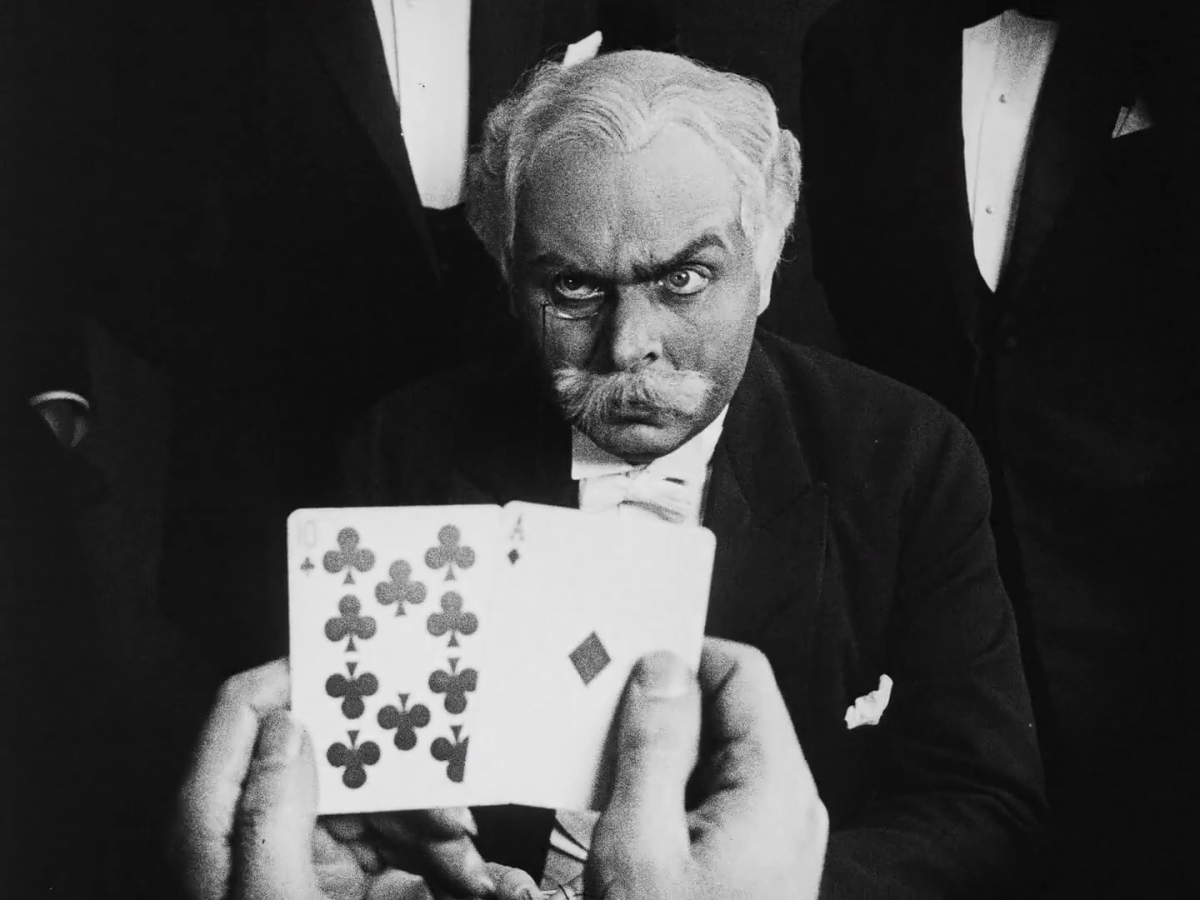Fritz on Fridays: Dr. Mabuse, the Gambler
The man dropped classics like drivers dropping fast-food litter off I-71 on their commute: naturally, frequently and as if no one was looking.

On the first Friday of every month, this column by critic Joshua Polanski will feature a short review or essay on a film directed by Fritz Lang (1890-1976), the great Austrian “Master of Darkness.” Occasionally (but not too occasionally), Fritz on Fridays will also feature interviews and conversations with relevant critics, scholars and filmmakers about Lang’s influence and filmography.
I’ve tried my best to space out the bona fide classics through Fritz on Fridays. It would have been regretfully lame to cover M, Metropolis and The Testament of Dr. Mabuse in the first three months of the column, for example. But the one thing I failed to account for in the selection process was the sheer number of all-timers in Fritz Lang’s filmography. The man dropped classics like drivers dropping fast-food litter off I-71 on their commute: naturally, frequently and as if no one was looking.
Dr. Mabuse, the Gambler is one of those films. If you’ve been a cinephile long enough, it’s a title you’ve encountered in an undergraduate introduction film class or some YouTube ranking of international classics you should watch. Lang just has too many of these things. It’s also one of cinema’s great looking glasses: The viewer will see what they want.
Since the film’s 1922 release, critics and historians have seen Dr. Mabuse (Rudolf Klein-Rogge) — the shapeshifting swindler, gambler and crime czar that the series enshrined as one of the first great cinematic supervillains — as both a walking stockpile of anti-Semitic tropes and as a Hitler figure. (Apparently in the books, the character is involved with establishing a new country in South America, although Lang makes no mention of Mabuse’s motives and instead zeroes in on the actual happenings of Mabuse’s crimes and his anxiety around getting caught.) For what it’s worth, Mabuse certainly embodies a considerable sum of societal ills — murder, espionage, counterfeit coinage, stock-market manipulation — and any time one character represents so much of what’s wrong with the world, there are bound to be four interpretations for every three viewers.
Continue reading at the Midwest Film Journal.